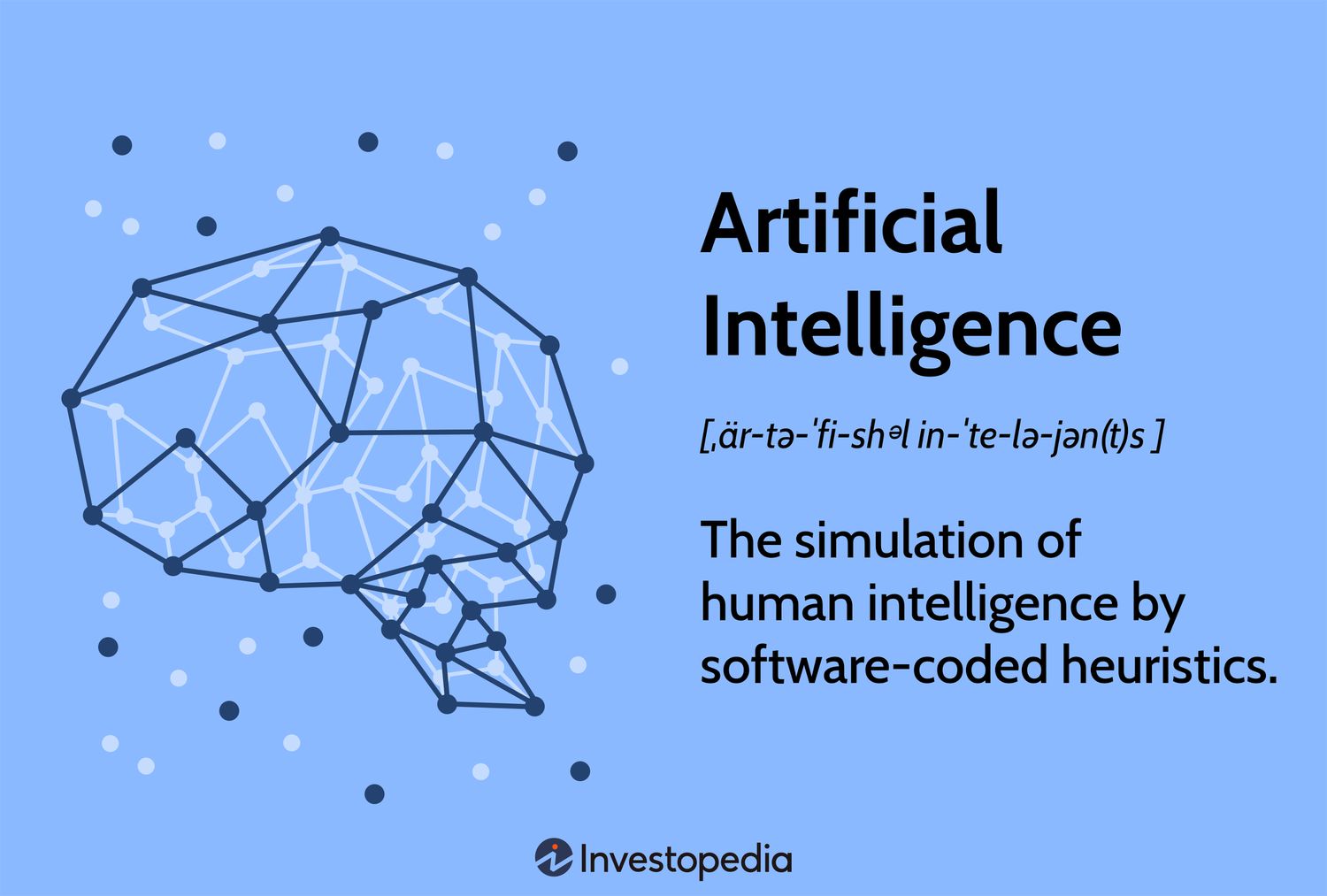
The Future of AI: From Predicting Death to Enhancing Infrastructure
Artificial intelligence has come a long way in recent years, transforming the way we live and work. From predicting our lifespan to enhancing our infrastructure, AI is revolutionizing various aspects of our lives. In this article, we will explore the latest advancements in AI and their potential impact on our future.
Predicting Death with AI
A recent study has shown that AI can predict our death with an accuracy rate of 78%. The innovative software, known as Life2vec, was developed by a team of experts from Denmark and the United States. The system uses a large language model (LLM) to analyze vast datasets, including health and demographic records of six million individuals. This AI system operates by converting complex life data into narrative-style summaries, enabling it to calculate life expectancy with impressive accuracy.
 Life expectancy is a complex calculation that takes into account various factors, including lifestyle, genetics, and environmental factors.
Life expectancy is a complex calculation that takes into account various factors, including lifestyle, genetics, and environmental factors.
Factors That Influence Life Expectancy
Life2vec’s predictions are grounded in well-established research on factors that affect longevity. Previous studies have shown that certain characteristics, such as being male, smoking, or having a history of poor mental health, are associated with shorter lifespans. Conversely, higher income levels and holding leadership positions are often linked to longer lives.
The Role of Large Language Models
Large language models (LLMs) are computational models that have been exhaustively trained on human text. They run on a set of neural networks that consist of an encoder and/or decoder, which extract meanings from text and interpret the relationships between words and phrases. LLMs have made a significant impact on the world, with examples like OpenAI’s ChatGPT seeing exponential growth after publicly launching in November 2022.
Enhancing AI Infrastructure with Infinity
Michael Feil, an AI engineer, has developed an open-source project called Infinity, which enhances the integration of embedding and reranking models for organizations with limited infrastructure. Infinity leverages a range of machine-learning techniques to speed up computation and allow more concurrent requests. It uses dynamic batching, which collects and stores incoming embedding requests in a holding pattern while the encoder is at total capacity.
 Infinity is an open-source project that enhances the integration of embedding and reranking models for organizations with limited infrastructure.
Infinity is an open-source project that enhances the integration of embedding and reranking models for organizations with limited infrastructure.
The Future of AI
The future of AI is exciting and uncertain. As AI continues to evolve, we can expect to see significant advancements in various fields, including healthcare, finance, and education. However, we must also address the ethical concerns and potential misuse of AI. The European Union’s AI Act, recently published in the Official Journal of the European Union, aims to regulate the development and deployment of AI technologies, ensuring they align with European values and fundamental rights.
Conclusion
In conclusion, AI is revolutionizing various aspects of our lives, from predicting our lifespan to enhancing our infrastructure. As AI continues to evolve, we must address the ethical concerns and potential misuse of AI. By doing so, we can ensure that AI is developed and deployed in a responsible and beneficial manner.
 AI is revolutionizing various aspects of our lives, from predicting our lifespan to enhancing our infrastructure.
AI is revolutionizing various aspects of our lives, from predicting our lifespan to enhancing our infrastructure.














